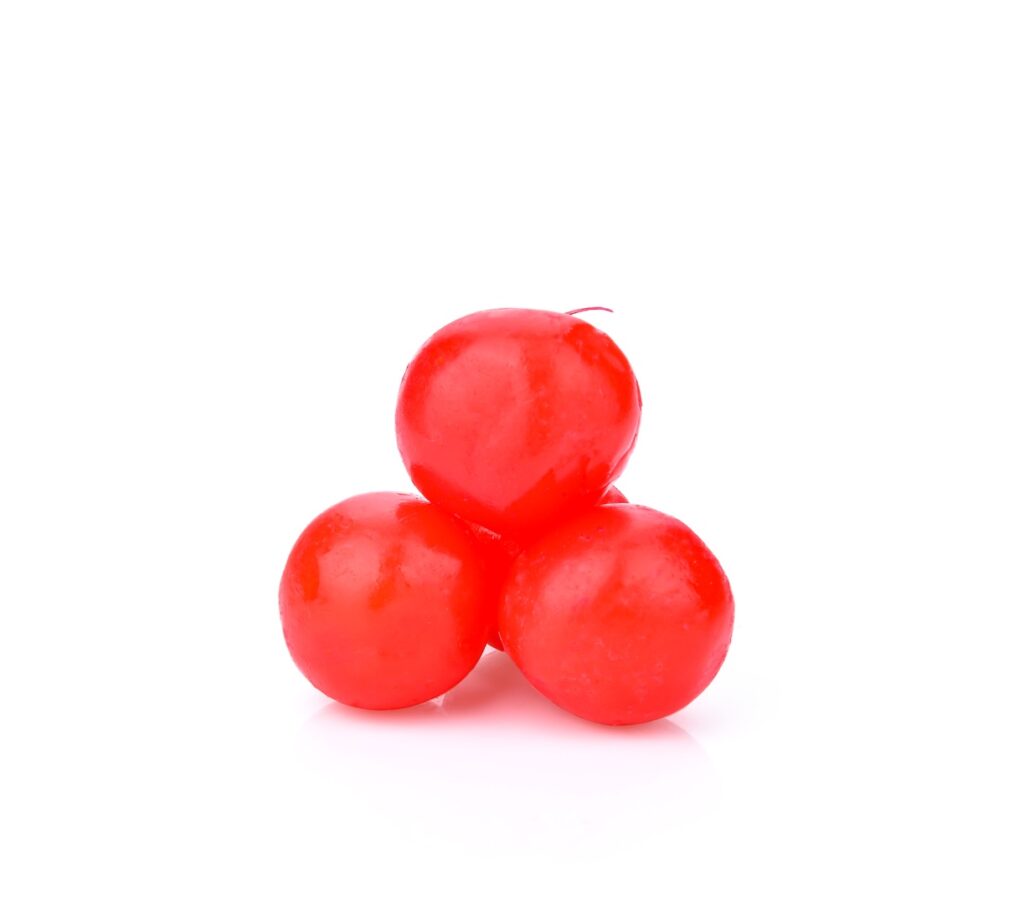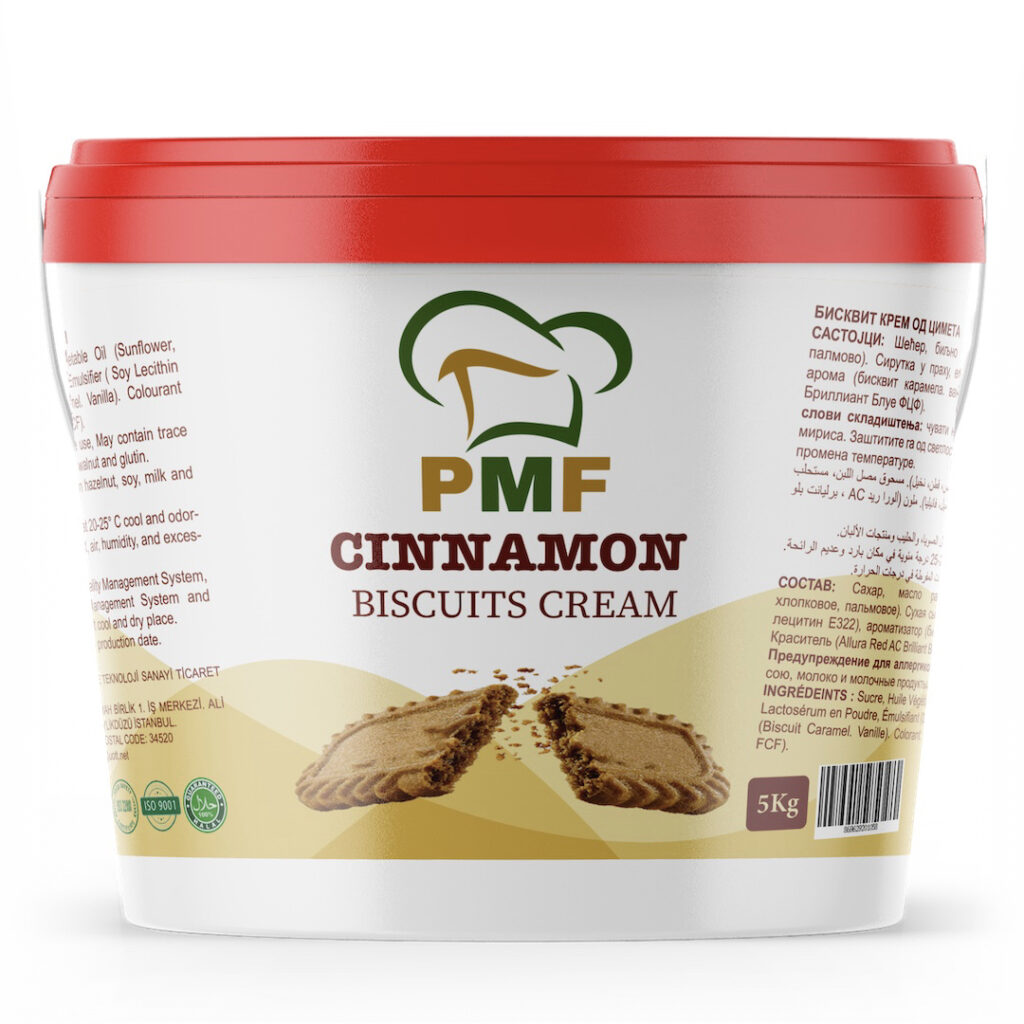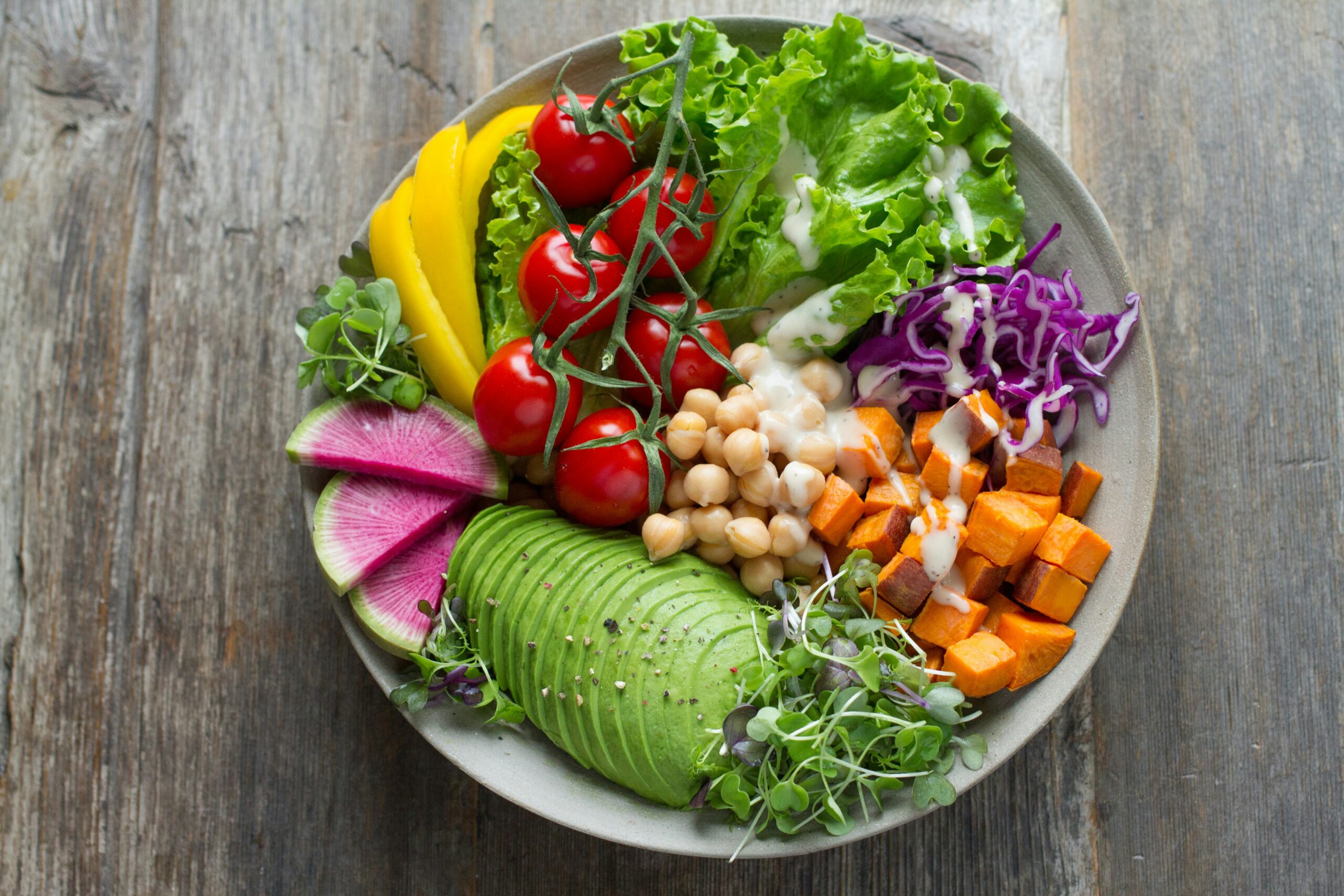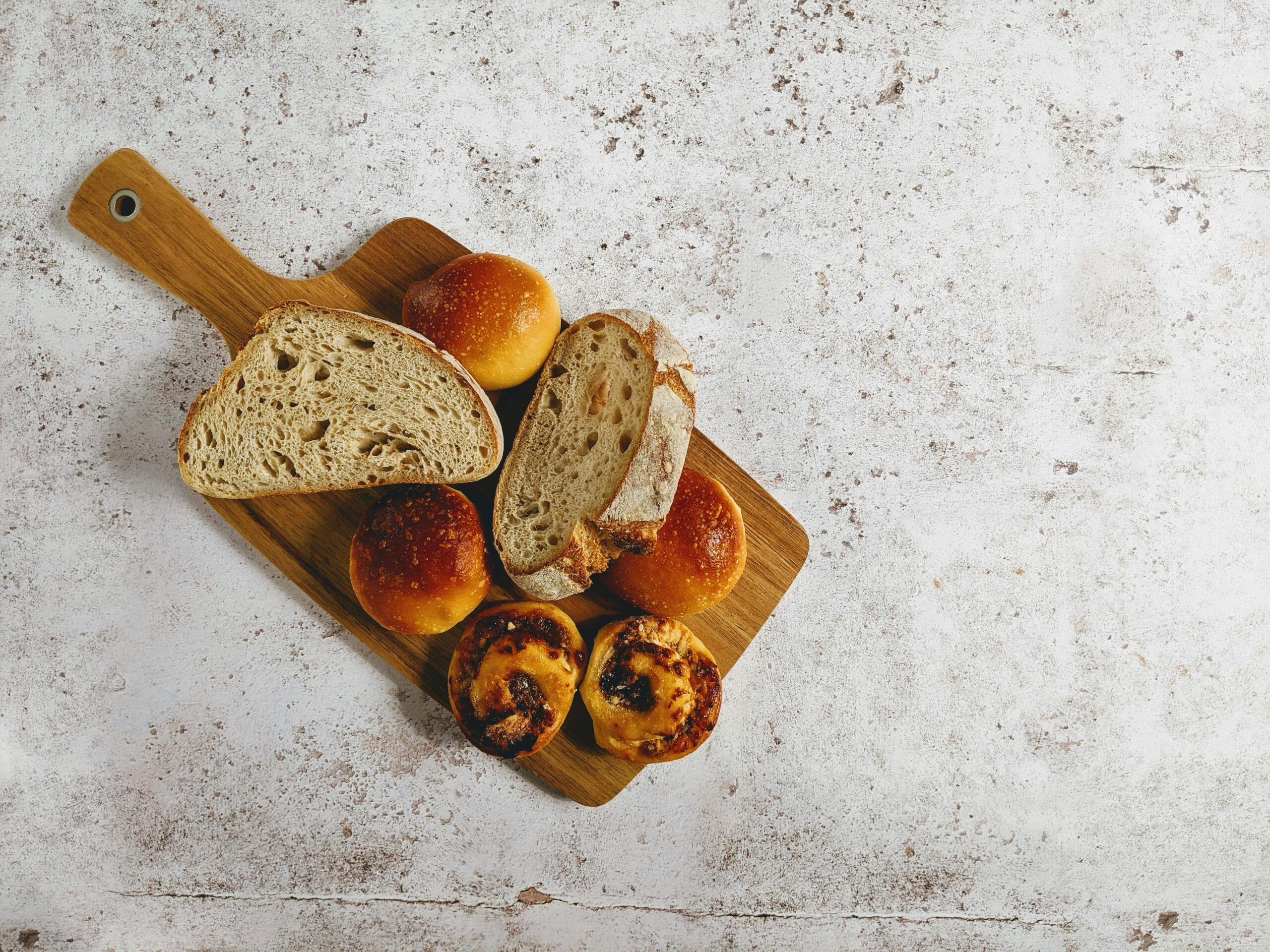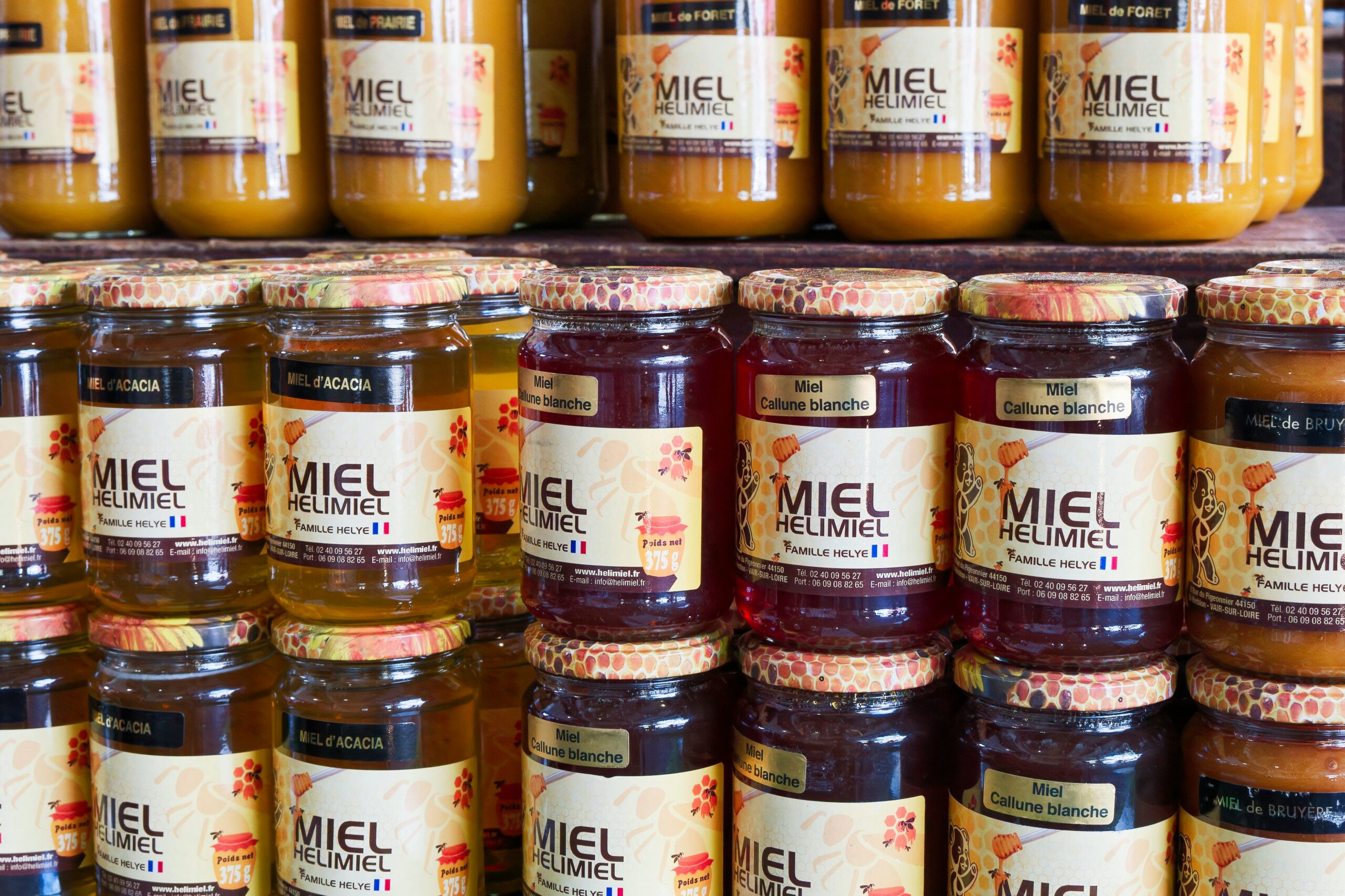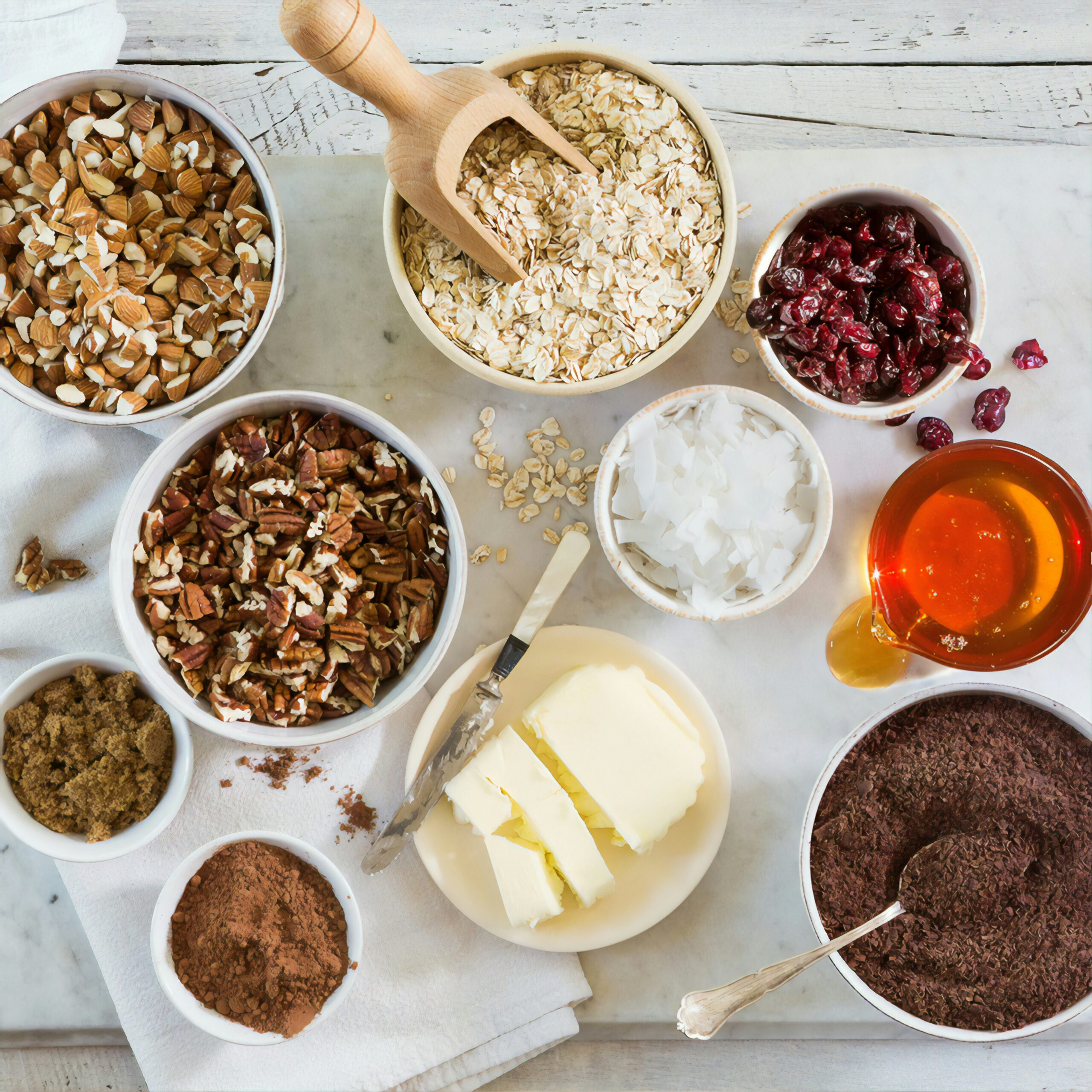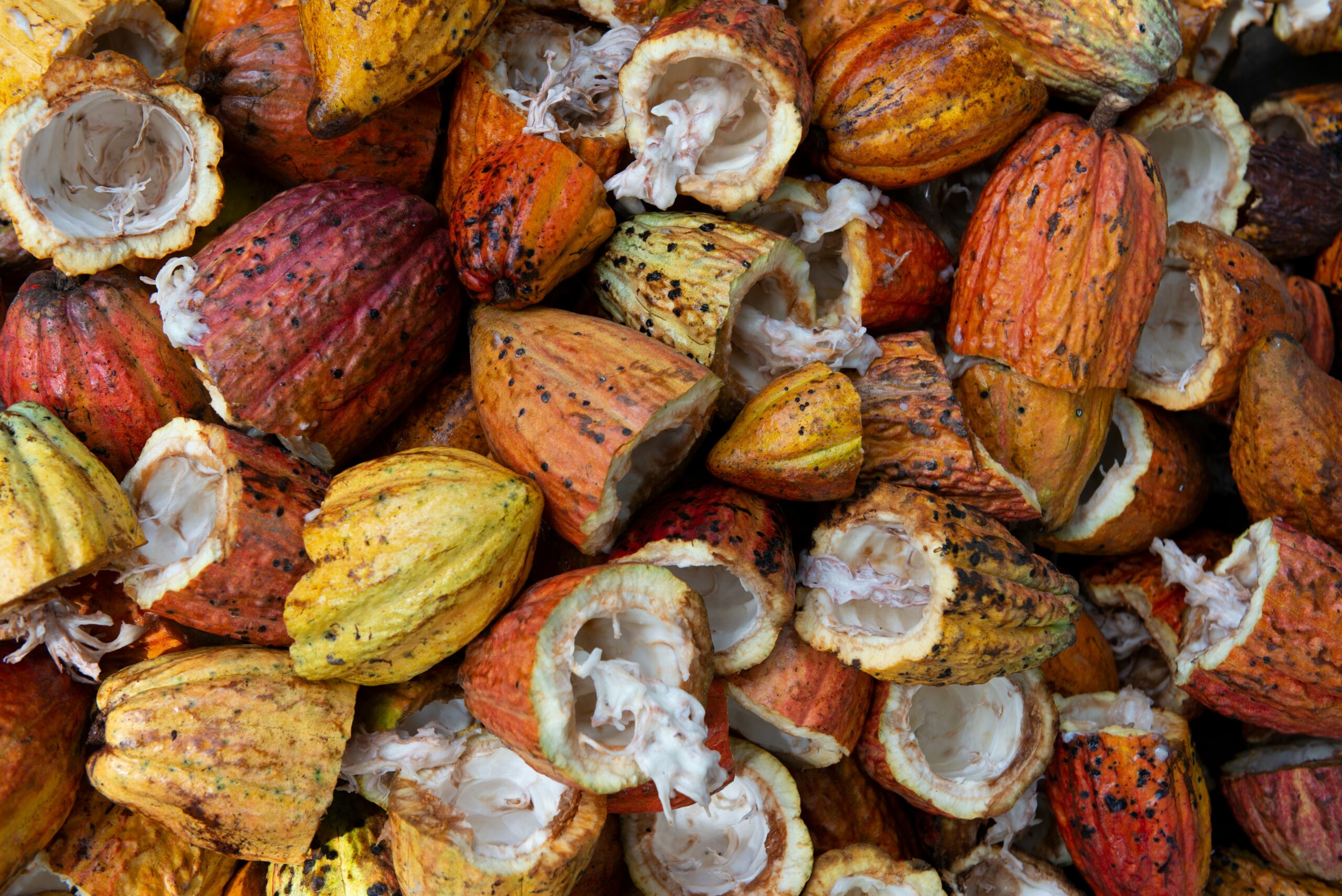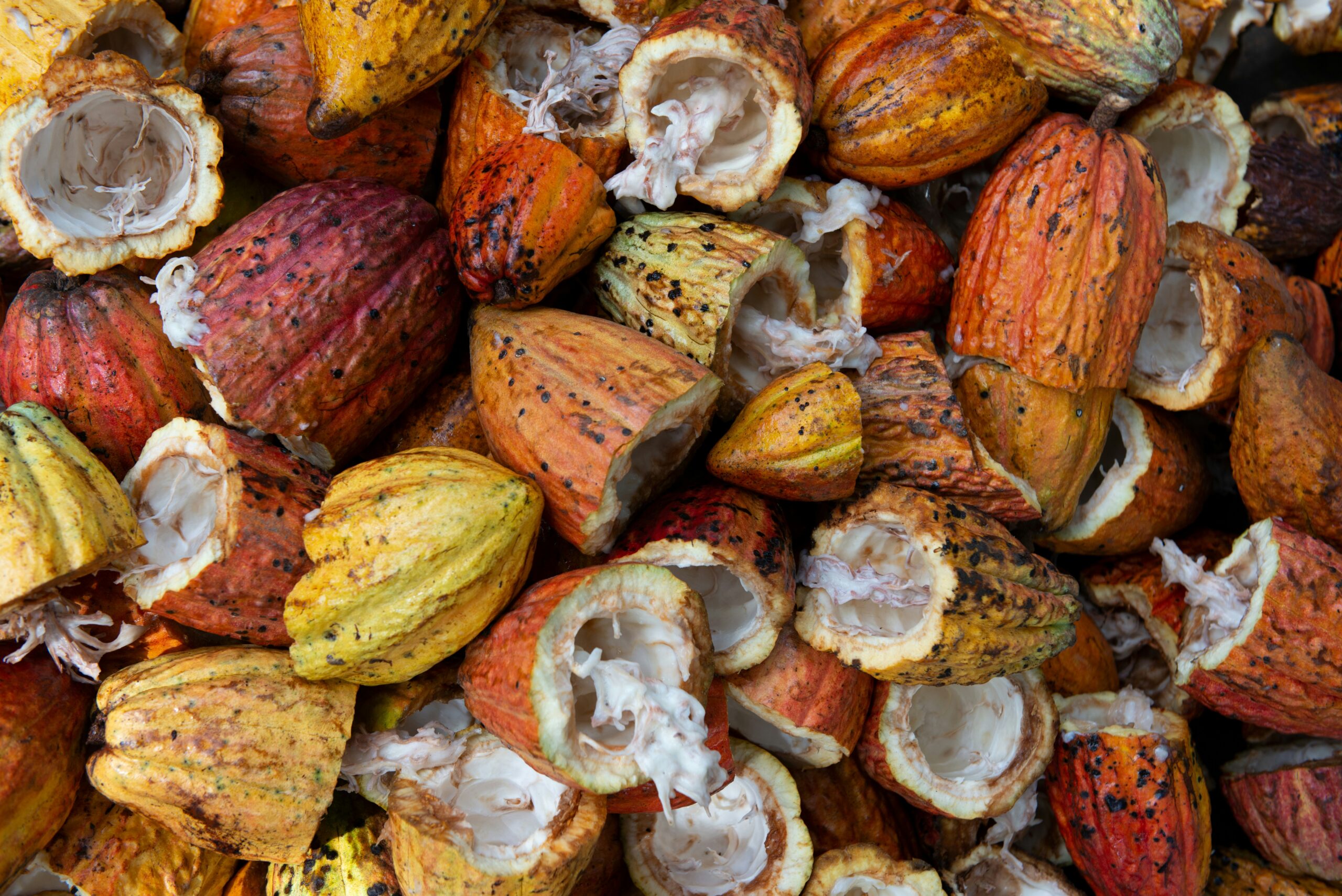Decoding Dietary Choices: Vegan vs. Vegetarian vs. Veggie – What’s the Real Difference?
In today’s evolving food landscape, you hear a lot of terms thrown around about how people eat. “Vegan,” “vegetarian,” and “veggie” are three common ones, and while they sound similar, they actually represent distinct approaches to food and lifestyle. Understanding these differences isn’t just about labels; it’s about respecting individual choices and the motivations behind them. As a leading manufacturer of pastry and bakery raw materials in Turkey, we understand the importance of catering to diverse dietary needs, and it all starts with clear communication.

What Does it Mean to Be Vegan? Unpacking a Plant-Based Lifestyle
Veganism goes beyond just what’s on your plate; it’s a comprehensive lifestyle choice that consciously avoids all animal products and by-products. This means that a vegan diet excludes:
- Meat: Including beef, poultry, pork, lamb, and any other animal flesh.
- Fish and Seafood: All aquatic animals are excluded.
- Dairy Products: Milk, cheese, yogurt, butter, and other products derived from animal milk.
- Eggs: From chickens, ducks, or any other bird.
- Honey: Often excluded due to ethical concerns regarding beekeeping practices.
- Other Animal-Derived Ingredients: This can include less obvious ingredients like gelatin (made from animal bones and tissues), certain food colorings, and some emulsifiers, depending on their origin.
Beyond food, individuals embracing a vegan lifestyle also extend their principles to other areas, avoiding products made from animals such as leather, fur, wool, and silk. They also steer clear of cosmetics and household products that have been tested on animals or contain animal-derived ingredients.
The primary motivations for adopting a vegan lifestyle are typically rooted in:
- Ethical Concerns for Animal Welfare: A belief that animals should not be exploited for human consumption or use.
- Environmental Reasons: Recognizing the significant impact of animal agriculture on greenhouse gas emissions, land use, and water pollution.
- Health Benefits: Many studies suggest that a well-planned vegan diet can offer various health advantages.

What is a Vegetarian Diet? Exploring Plant-Focused Eating
The term “vegetarian” describes a dietary approach that excludes meat, poultry, and fish. However, unlike veganism, vegetarian diets generally do include some animal products. This is where the different “types” of vegetarianism come into play:
- Lacto-Vegetarian: Consumes dairy products (like milk, cheese, yogurt) but avoids eggs.
- Ovo-Vegetarian: Consumes eggs but avoids dairy products.
- Lacto-Ovo Vegetarian: The most common type, consuming both dairy products and eggs.
- Pescatarian: While technically not strictly vegetarian, some people use this term to describe a diet that includes fish and seafood but excludes all other meat and poultry.
Vegetarians build their diet around a wide array of plant-based foods, such as fruits, vegetables, grains, legumes, nuts, and seeds. The reasons for choosing vegetarianism are diverse and often overlap:
- Health Reasons: Many individuals opt for a vegetarian diet for perceived health benefits, such as lower risk of heart disease and certain cancers.
- Ethical Concerns: While not as absolute as veganism, many vegetarians choose their diet due to concerns about animal welfare in industrial farming.
- Environmental Impact: Recognizing that reducing meat consumption can contribute to a lower carbon footprint.
“Veggie”: A Shorthand for Vegetarianism
The term “veggie” is simply a colloquial, shortened form of “vegetarian”. When someone says they are “veggie,” they generally mean they follow a vegetarian diet, which includes excluding meat, poultry, and fish from their meals, but may still consume dairy and/or eggs. It’s a casual way to refer to the broader vegetarian umbrella.

So, What Are the Key Differences? A Quick Recap
To make it crystal clear, here’s a summary of the fundamental distinctions:
- Veganism: Excludes all animal products and by-products from both diet and lifestyle.
- Vegetarianism: Excludes meat, poultry, and fish from the diet, but may include dairy products and/or eggs.
- “Veggie”: A common, informal term used interchangeably with “vegetarian”.
Understanding these nuances fosters better communication and respect for different dietary preferences.
Why Do These Dietary Choices Matter to the Bakery Industry?
The rise of vegan and vegetarian diets isn’t just a fleeting trend; it’s a significant shift in consumer preferences that impacts the entire food industry, including bakeries and pastry manufacturers.
How Can Bakeries Cater to Vegan and Vegetarian Customers?
- Ingredient Sourcing is Key: For vegan products, every ingredient must be scrutinized to ensure it’s free from animal derivatives. This means sourcing plant-based alternatives for butter, eggs, milk, and even obscure ingredients like certain emulsifiers or glazes. For vegetarians, dairy and eggs are still an option, but ensuring no meat, poultry, or fish products are used is paramount.
- Innovation in Raw Materials: The demand for high-quality, plant-based alternatives has driven significant innovation in our sector. We’re seeing incredible advancements in plant-based fats that mimic butter’s texture and flavor, egg replacers derived from plant proteins (like aquafaba) that perform wonderfully in baking, and a wider variety of plant-based milks and creams.
- Clear Labeling and Transparency: Consumers, especially those with specific dietary needs, are actively seeking transparent ingredient lists. Clearly labeling products as “vegan” or “vegetarian” builds trust and makes it easier for customers to make informed choices. This also means being meticulous about allergen management to prevent cross-contamination.
- Expanding Product Ranges: Offering a diverse range of vegan and vegetarian options, from traditional breads made without animal fats to decadent vegan cakes and pastries, opens up new market opportunities. The “better-for-you” trend, which often aligns with plant-based choices, is a key driver for innovation.
- Flavor and Texture are Non-Negotiable: Just because a product is vegan or vegetarian doesn’t mean it should compromise on taste or texture. Modern consumers expect delicious, indulgent experiences regardless of dietary restrictions. Our focus at ISTBEA is to provide raw materials that help achieve these sensory qualities, ensuring your vegan croissants are as flaky and delightful as their traditional counterparts.

FAQs About Vegan, Vegetarian, and “Veggie” Diets
Is a “veggie” burger always vegan?
Not necessarily. While a “veggie” burger is free of meat, it might contain dairy (like cheese) or eggs as binders. Always check the ingredient list to confirm if it’s suitable for a vegan diet. Many brands now clearly label “vegan” on their packaging.
Can vegetarians eat honey?
Yes, generally, vegetarians consume honey. However, vegans typically avoid honey due to concerns about the ethical treatment of bees and the commercial practices of beekeeping.
What are some common challenges for bakeries catering to vegan diets?
One of the biggest challenges is finding suitable, high-performing replacements for eggs and dairy, which play crucial roles in texture, moisture, and structure in traditional baking. Achieving the same richness, flakiness, and rise without these ingredients requires specialized knowledge and innovative raw materials. Fat replacement in vegan baking is also a continued focus, as butter is often a hallmark of quality.
Are vegan and vegetarian diets healthier than omnivore diets?
While plant-based diets can offer significant health benefits, it’s important to remember that “healthy” depends on the overall nutritional balance. A vegan or vegetarian diet consisting primarily of highly processed foods may not be healthier than a well-balanced omnivore diet. Focus on whole, unprocessed ingredients for optimal health.
How can a food business ensure proper allergen management for vegan and vegetarian products?
Strict protocols are essential. This includes dedicated preparation areas, separate utensils and equipment, rigorous cleaning procedures between batches, and clear labeling of ingredients and potential cross-contamination risks. Employee training on allergen awareness is also critical.
Note about ISTBEA: As a premier manufacturer of pastry and bakery raw materials in Turkey, we understand the diverse needs of the food industry. We offer a comprehensive range of high-quality ingredients, including specialized solutions for vegan and vegetarian baking, to support food wholesalers, food businesses (restaurants, coffee shops), and food manufacturers in creating delicious, on-trend, and inclusive products that cater to every palate. Our commitment to innovation and quality ensures your creations consistently meet the highest standards, helping your business thrive in a dynamic market.



